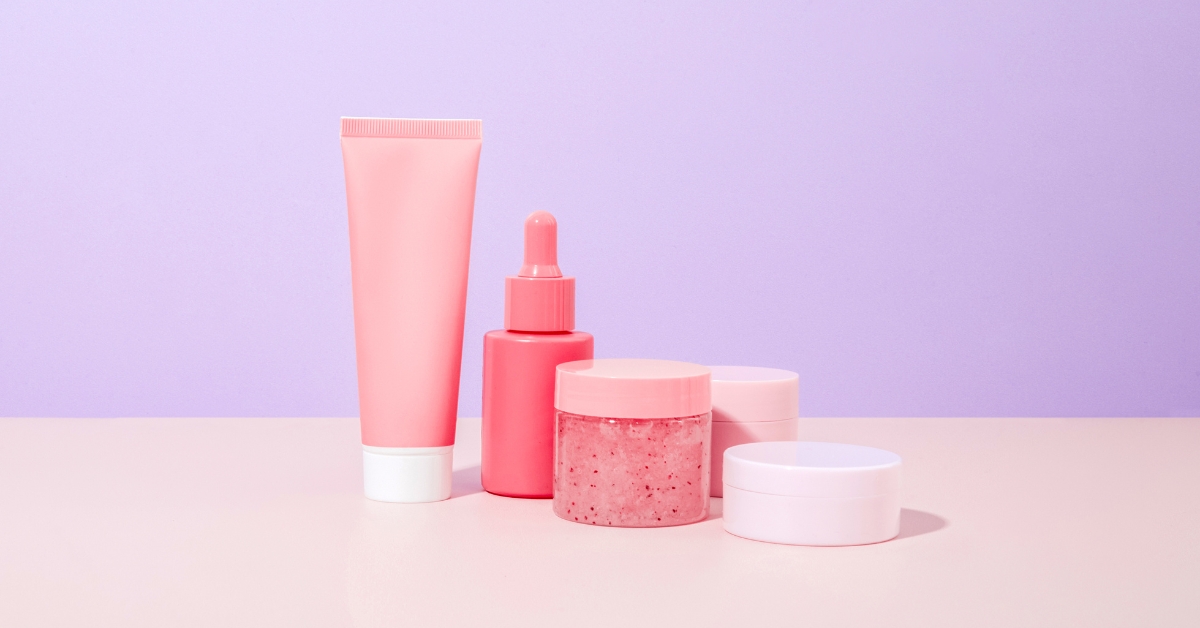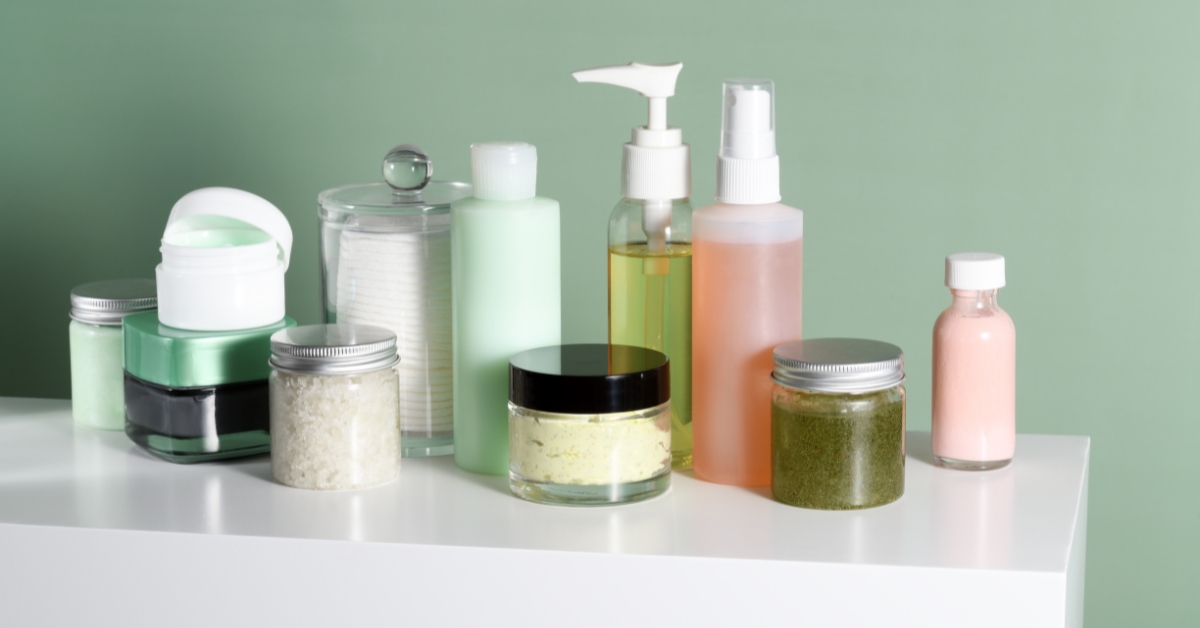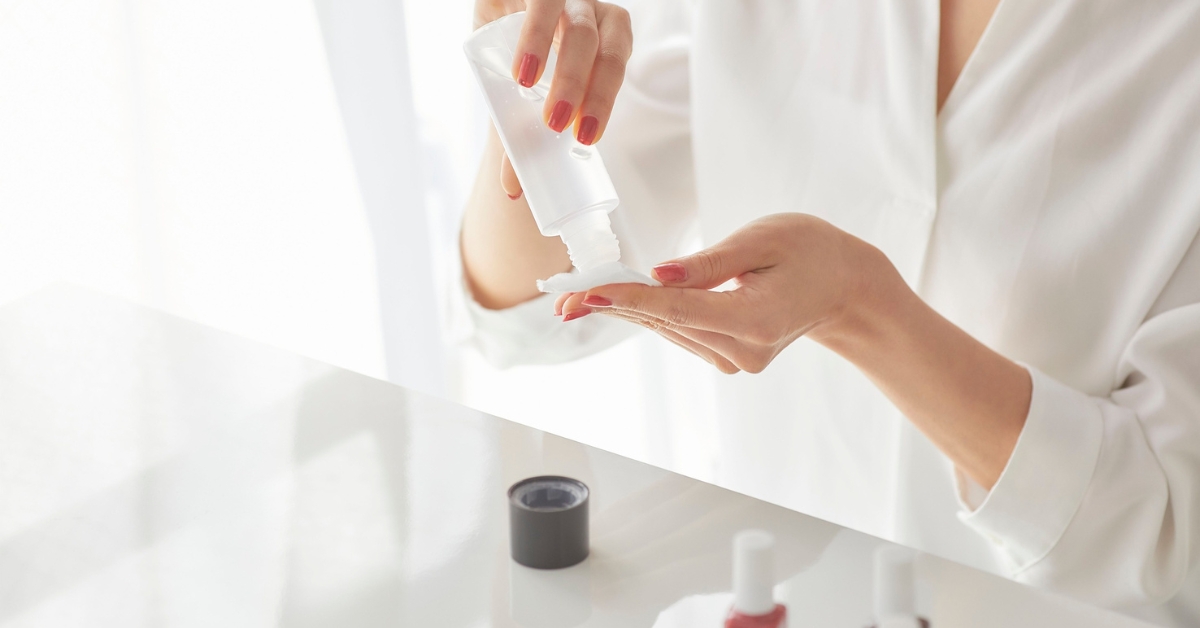Scented skincare is a staple in many beauty routines, offering a luxurious touch with every use. From calming lavender creams to bright citrus cleansers, fragrance can make a product feel more enjoyable. But as more consumers report sensitivity and irritation, questions are being raised about whether these scents are doing more harm than good.
Experts warn that fragrance, while pleasant, may be a hidden trigger for inflammation, especially in sensitive or acne-prone skin. This blog dives into what dermatologists say about scented skincare, who should be cautious, and how to tell if your favorite product might be affecting your skin health.
What Is Scented Skincare?
Scented skincare refers to any beauty product that contains added fragrance, whether from essential oils or synthetic ingredients. These products range from facial cleansers and toners to moisturizers, serums, and even sunscreens. The fragrance is often included to make the skincare experience more enjoyable, giving it a spa-like or luxurious feel. Scents can be floral, fruity, herbal, or even gourmand, depending on the product’s branding and target audience.
However, not all fragrances are created equal. Some come from natural plant extracts, while others are lab-made and labeled simply as “parfum” or “fragrance” on the ingredient list. Unfortunately, these terms don’t reveal much, and many formulations may include multiple scent compounds that can irritate sensitive skin. For people with allergies or underlying skin conditions, identifying the source of irritation can be tricky. That’s why understanding what makes a product “scented” is an important first step in making informed skincare choices.
Why Brands Add Fragrance to Skincare Products

Fragrance plays a major role in how consumers connect with skincare products. Brands often add scent to enhance the user experience, creating an emotional connection that feels soothing, energizing, or luxurious. A pleasant aroma can make a routine feel like self-care, encouraging daily use and brand loyalty. For many people, how a product smells is just as important as how well it works.
In addition to customer appeal, fragrance can also help mask the natural odor of certain active ingredients, which might otherwise smell medicinal or unpleasant. This makes the overall formula more appealing, especially for mainstream markets. However, while scent can improve marketability, it doesn’t offer any skin benefits and may even pose risks for sensitive users. Despite growing demand for fragrance-free options, many skincare lines continue to prioritize scent for its marketing power and consumer attraction.
How Fragrance Affects the Skin

While fragrance may make skincare more enjoyable, it’s also one of the most common causes of irritation. Even in small amounts, certain fragrance compounds can trigger allergic reactions, redness, itching, or dryness—especially in people with sensitive or compromised skin. These effects might not be immediate, making it harder to connect the symptoms to the product causing them.
Long-term use of fragranced products can also lead to increased skin sensitivity over time. Repeated exposure may weaken the skin barrier, making it more reactive to other ingredients. This is particularly concerning for those with conditions like eczema, rosacea, or acne. Although not everyone reacts negatively to scented products, experts agree that individuals prone to irritation should be cautious. Knowing how fragrance interacts with the skin can help users make more informed and safer choices when selecting their skincare routine.
Expert Opinions: What Dermatologists Say About Fragrance

Dermatologists often caution against using fragranced skincare, particularly for individuals with sensitive, acne-prone, or allergy-prone skin. While not everyone will experience a reaction, many skin experts agree that fragrance adds no real benefit to the skin and may increase the risk of irritation. Even products labeled “natural” or “organic” can include essential oils that are known to trigger allergic responses.
Some dermatologists recommend doing a patch test before trying any new skincare product, especially if it contains fragrance. Others suggest switching to fragrance-free formulas if you’re dealing with breakouts, redness, or inflammation. However, they also acknowledge that not all scented products are harmful for everyone. If your skin shows no signs of irritation, you may be able to use them safely. The key is to listen to your skin and avoid unnecessary ingredients that could compromise its health over time.
Who Should Avoid Fragranced Skincare Products?

Not everyone reacts negatively to fragrance, but certain groups are more likely to experience issues. People with sensitive skin, eczema, rosacea, or allergies should be especially cautious when using scented skincare. Fragrance can trigger flare-ups, increase inflammation, or lead to long-term sensitivity. Babies and young children also have more delicate skin, making them more vulnerable to irritation from scented products.
If you’ve noticed redness, itching, or stinging after using a skincare item, fragrance could be the hidden culprit. In these cases, switching to fragrance-free or hypoallergenic alternatives may bring noticeable relief. Even if you’ve never had a reaction before, skin can become sensitized over time. That’s why dermatologists often suggest avoiding fragrance altogether if you’re already dealing with skin issues. Choosing gentler products can help protect your skin barrier and maintain overall skin health in the long run.
How to Identify Fragrance in Beauty Products
Identifying fragrance in skincare products isn’t always as straightforward as it seems. Many ingredient lists include vague terms like “fragrance” or “parfum,” which can represent a mix of dozens of undisclosed scent compounds. Even products labeled as “unscented” may still contain masking agents that neutralize odor but can still irritate the skin. Reading the label carefully is key to spotting these hidden ingredients.
To avoid unwanted reactions, look for products that are clearly marked “fragrance-free” rather than just “unscented.” Be cautious of natural-sounding ingredients like essential oils, botanical extracts, or floral distillates, which can still act as irritants for sensitive skin. Common fragrance-related ingredients to watch for include limonene, linalool, citronellol, and eugenol. When in doubt, choose brands that fully disclose their ingredient lists or consult with a dermatologist. Understanding what to look for can help you make safer and more skin-friendly choices.
Best Fragrance-Free Alternatives to Try
If you’re looking to avoid irritation without sacrificing quality, there are plenty of fragrance-free skincare options available. Many reputable brands now offer gentle formulas that prioritize skin health over scent. Look for products labeled “fragrance-free,” “hypoallergenic,” or “suitable for sensitive skin.” These alternatives often focus on calming, non-reactive ingredients like ceramides, hyaluronic acid, and niacinamide, which help strengthen and soothe the skin barrier.
Brands like CeraVe, Vanicream, and La Roche-Posay are known for offering dermatologist-recommended options that work well for a variety of skin types. These products are typically free from unnecessary additives and focus on restoring moisture and balance. Making the switch to fragrance-free doesn’t mean giving up effective skincare—it simply means choosing formulas that are less likely to cause irritation or long-term sensitivity. With so many choices available today, it’s easier than ever to build a skincare routine that supports your skin’s natural health.
Conclusion
Scented skincare may add a touch of luxury to your routine, but it’s important to weigh that against its potential impact on your skin. For those with sensitivities, allergies, or ongoing skin concerns, fragrance can be more harmful than helpful.
Choosing fragrance-free products doesn’t mean compromising on quality. In fact, it can lead to better skin health over time. By understanding how scented skincare affects your skin and learning to read ingredient labels carefully, you can make choices that support both comfort and results. When in doubt, trust your skin—and keep it simple.





